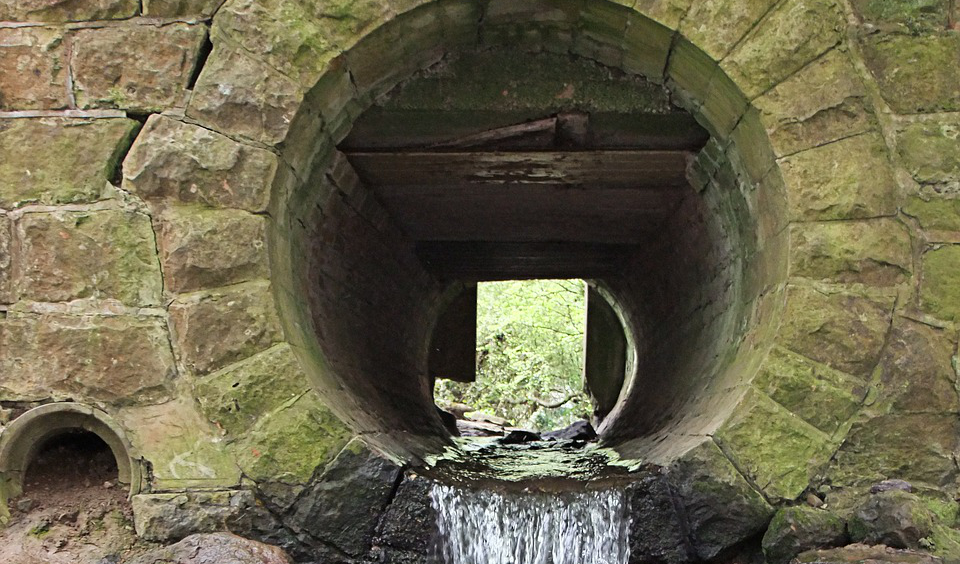Stormwater Management for Commercial Properties in Nashville TN

Nashville/Davidson and the rest of Middle Tennessee has seen increased urbanization resulting in radical changes to the topography, ground cover, and minor stormwater management systems, adversely affecting building stormwater planning. These urbanization changes have adverse effects on the environment, primarily through the subsequent increase in stormwater runoff quantity (flooding) and pollution. Additionally, it can be easier for pollutants and sewage to enter into the water system with significant amounts of stormwater runoff.
Earlier Building Stormwater Standards
Wastewater treatment plants were built to improve the water quality of the discharges into the river systems. These plants were designed to a specific inflow based on the “normal” rainfall. Upon receiving more than “normal” rainfall, the plants could not treat the additional water, and it discharged into the rivers untreated.
Stormwater Solutions
Since 2000, Nashville’s Metropolitan Government (Metro) has been requiring that stormwater quality management techniques are applied to new development and redevelopment in the form of structural and non-structural Best Management Practices (BMPs). In 2006, Metro revised its stormwater program to require a uniform, specific, post-construction pollution reduction goal for new development and redevelopment sites. Stormwater quality management involves pollutant control, stormwater capture, and treatment.
Sediment eroded from cleared areas during construction, and other pollutants from impervious surfaces after construction is to be managed. Some requirements are as follows:
- No development shall be performed in a manner that will have a negative impact on stormwater quantity or quality.
- New construction may not aggravate upstream or downstream flooding. Existing downstream or upstream problems may be required to be corrected in conjunction with new development.
- Unwarranted acceleration of erosion due to various land development activities must be controlled.
- Metro’s Grading Permit requirements must meet but may exceed the Tennessee Department of Environment and Conservation’s (TDEC’s) Construction General Permit requirements to remain in compliance with Metro’s National Pollutant Discharge Elimination System (NPDES) permit.
- New construction will not be permitted until temporary or permanent erosion prevention, and sedimentation control management practices have been placed or constructed, and are operational to Metro’s satisfaction.
It has been deemed that the best stormwater management is to treat it where it falls, as it falls. This shifts the cost of treating wastewater from the municipality to the property owner. When green infrastructure is put in place by the property owner, it reduces the amount of stormwater that enters the municipal wastewater treatment system and causes it to re-enter the water table before it can pick up harmful chemicals from nonporous surfaces or be mixed with sanitary sewer effluent. Plants are used to act as a sponge, soaking up water where it falls. The water is then filtered naturally through their roots and soil before making its way back into the groundwater system. Common structures on your property to accomplish this are; rain gardens, wetlands, bio-swales, and porous pavement.
